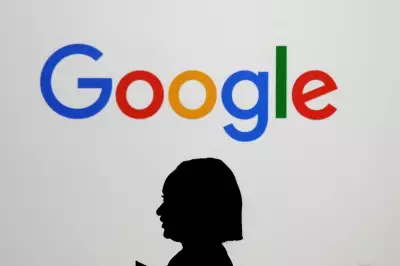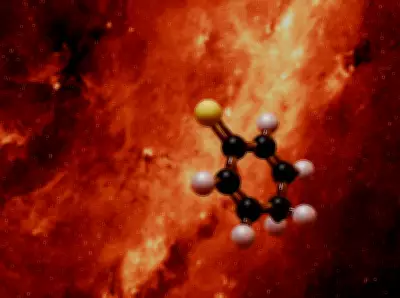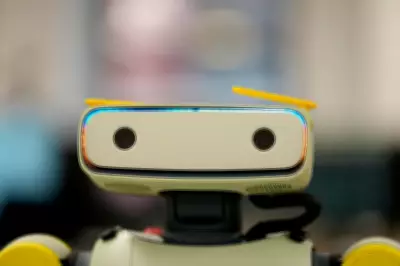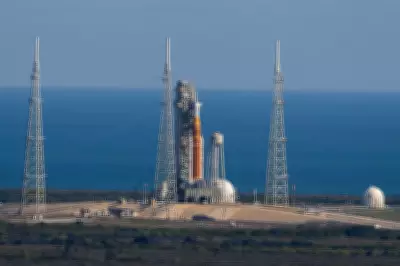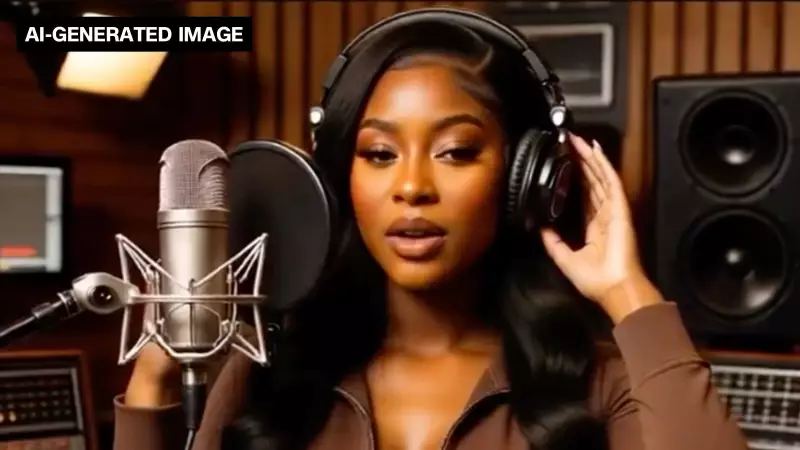
In a groundbreaking moment for both technology and entertainment, Xania Monet has become the first entirely artificial intelligence-powered artist to secure a spot on a Billboard airplay chart. This historic achievement signals a potential paradigm shift in how music is created and consumed.
The Rise of Digital Creativity
Xania Monet represents more than just another musical act—she's a completely synthetic creation powered by advanced artificial intelligence systems. Her debut single "The Last Generation" has managed to capture audience attention sufficiently to earn a place on Billboard's Canada AC airplay chart, competing directly with human artists.
This milestone demonstrates how rapidly AI technology is evolving within creative industries. What was once considered science fiction is now becoming reality, with AI systems capable of generating not just music but entire artistic personas.
How AI Artists Are Changing the Game
The emergence of AI-powered performers like Xania Monet raises fascinating questions about the future of entertainment:
- Can artificial intelligence develop genuine artistic expression?
- How will human artists adapt to this new form of competition?
- What does this mean for copyright and creative ownership?
- Will audiences embrace synthetic artists as legitimate creators?
Industry experts suggest that Xania Monet's chart success is unlikely to be an isolated event. Many predict that AI artists will become increasingly common as the technology becomes more sophisticated and accessible.
The Technology Behind the Talent
While specific details about Xania Monet's creation remain proprietary, the technology typically involves:
- Machine learning algorithms trained on vast music libraries
- Natural language processing for lyric generation
- Voice synthesis technology for vocal performance
- Visual AI systems for creating the artist's appearance and music videos
The Canadian music scene has often been at the forefront of innovation, making it a fitting birthplace for this technological milestone. Xania Monet's success suggests that artificial intelligence has reached a point where it can produce work that resonates with human listeners.
What This Means for the Music Industry
Record labels and industry professionals are closely watching this development. The ability to create artists who never tire, don't require contracts, and can produce music continuously represents both an opportunity and a disruption to traditional music business models.
"We're witnessing the birth of a new art form," commented one industry analyst. "AI artists like Xania Monet aren't replacing human creativity—they're expanding what's possible in entertainment."
As technology continues to advance, the line between human and artificial creativity may become increasingly blurred, creating new possibilities for artistic expression and challenging our definitions of what constitutes "real" art.

